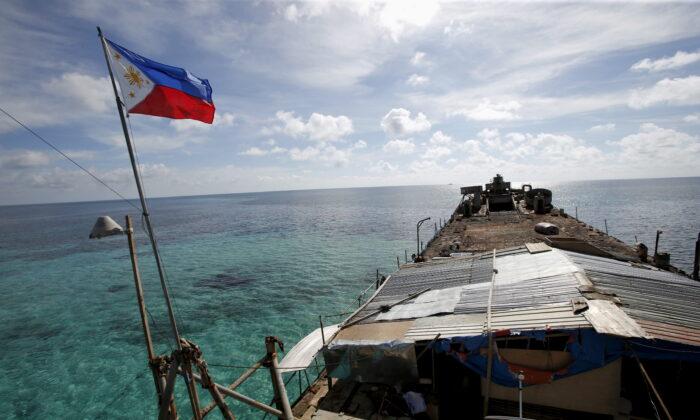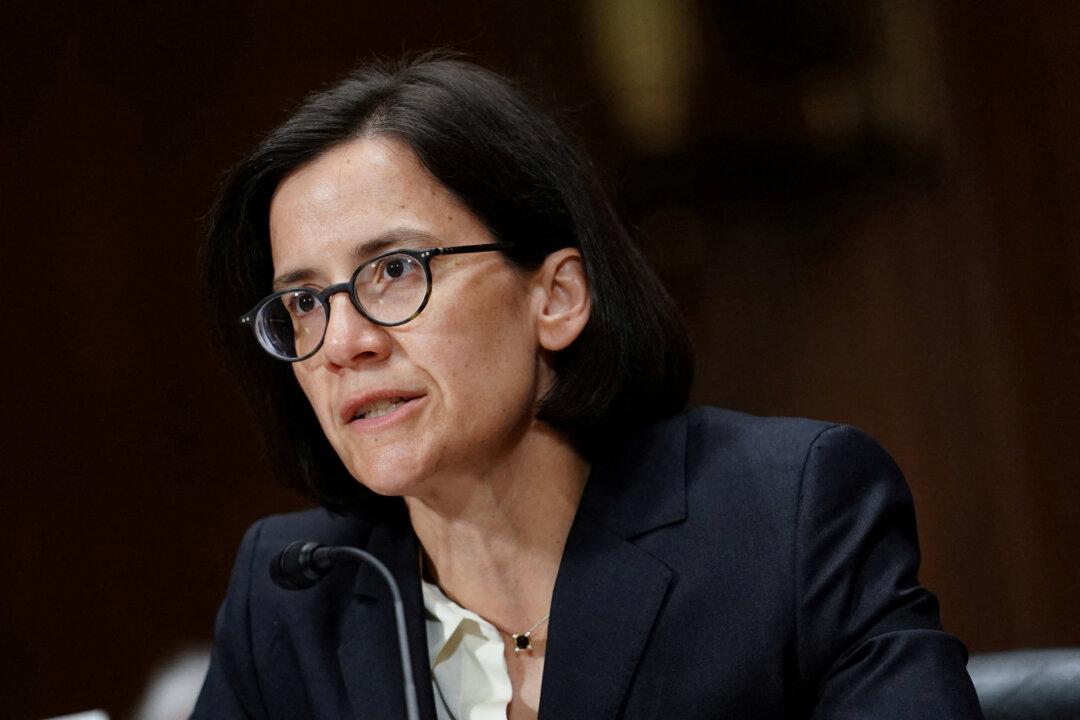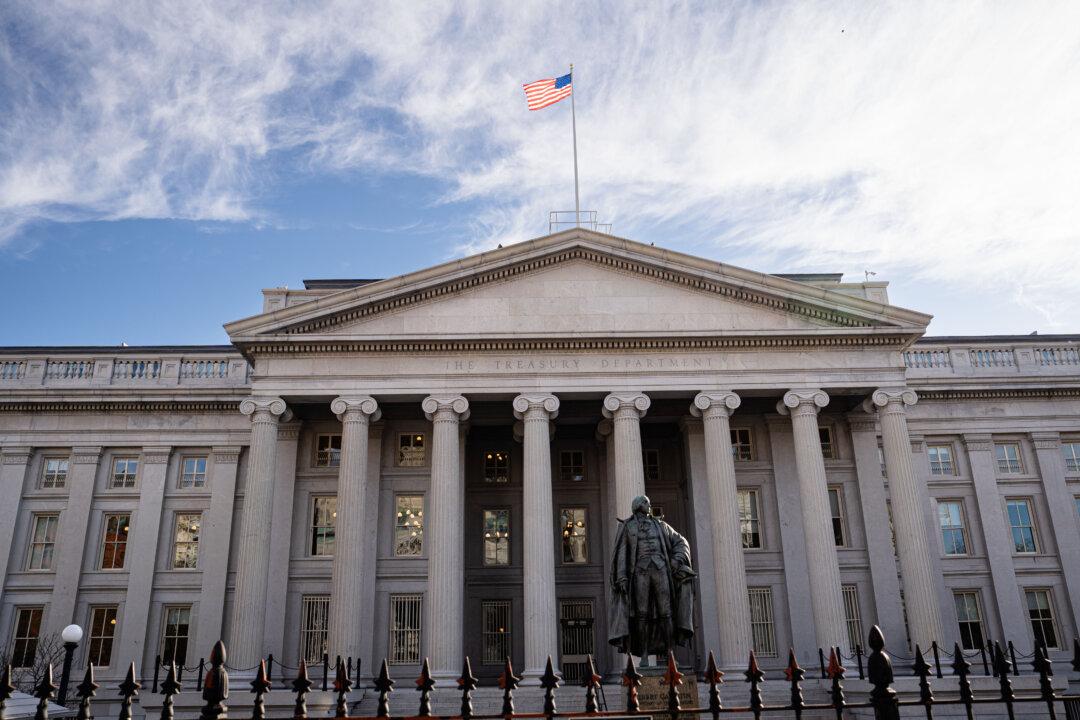The United States on July 11 urged China to stop interfering with the freedoms of navigation and overflight in the South China Sea and end its “routine harassment” of claimant state vessels operating in their exclusive economic zones (EEZ).
State Department spokesman Matthew Miller issued a statement on the eve of the seventh anniversary of the 2016 Arbitral Tribunal that nullified China’s sweeping sovereignty claims over the disputed waters.
He urged Beijing to comport its maritime claims with international law as reflected in the 1982 U.N. Convention on the Law of the Sea (UNCLOS) and end its interference with the freedoms of navigation and overflight in the region.
The United States also called on China to halt its disruption to states’ sovereign rights to explore, exploit, conserve, and manage natural resources, according to the statement.
European Union Voices Support
The delegation of the European Union and the embassies of the 16 EU member states to the Philippines also issued a statement urging the upholding of freedoms in the disputed waters.
The EU recalled that the dispute settlement mechanisms provided under UNCLOS contribute to maintaining the international order based upon the rule of law and are essential to settling maritime disputes.
“The Award of the Arbitral Tribunal is a significant milestone, which is legally binding upon the parties to those proceedings, and a useful basis for peacefully resolving disputes between the parties,” it stated.
“The EU supports the swift conclusion of talks aiming at an effective Code of Conduct between ASEAN and China that is fully compatible with UNCLOS and also respects the rights of third parties.”
Beijing claims much of the South China Sea as its own territory under its so-called nine-dash line. The Hague Tribunal ruled in favor of legal action taken by the Philippines in 2016, although it had little to no impact on China’s actions.
Vietnam, Malaysia, Taiwan, and Brunei have also clashed with the Chinese regime over its claims in the South China Sea.

Envoys of the United States, Japan, and France had previously expressed concern following the reports, stating that China’s “unilateral actions” in the disputed waters pose a threat to regional peace and stability.
“The PRC’s [People’s Republic of China’s] irresponsible behavior in the South China Sea threatens the security and legal rights of our treaty ally, the Philippines,” U.S. envoy MaryKay Carlson wrote on Twitter.
The Philippines and the United States are allies under the 1951 Mutual Defense Treaty, which dictates that the two nations will defend each other if either is attacked.
“We conduct more than 500 defense engagements together every year,” he told a joint press briefing. “And as President [Joe] Biden has made clear, America’s commitment to the defense of the Philippines is ironclad.”







